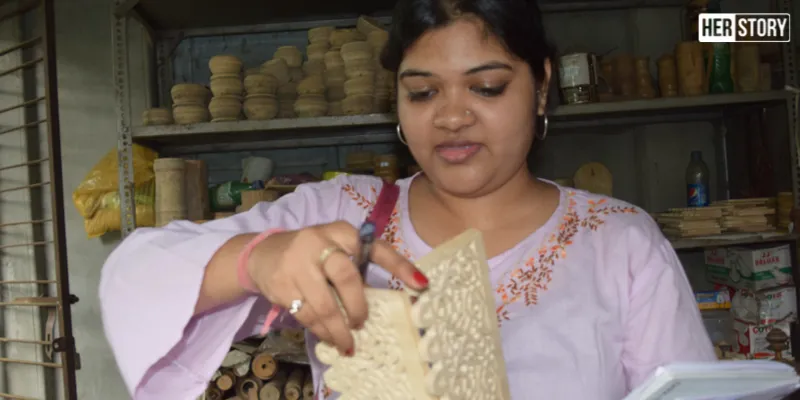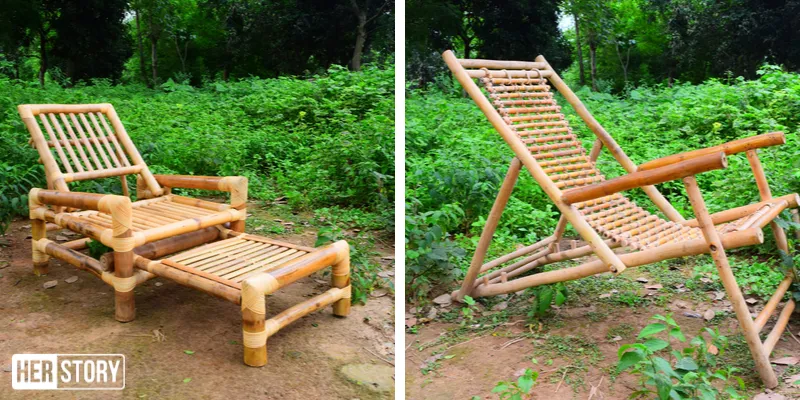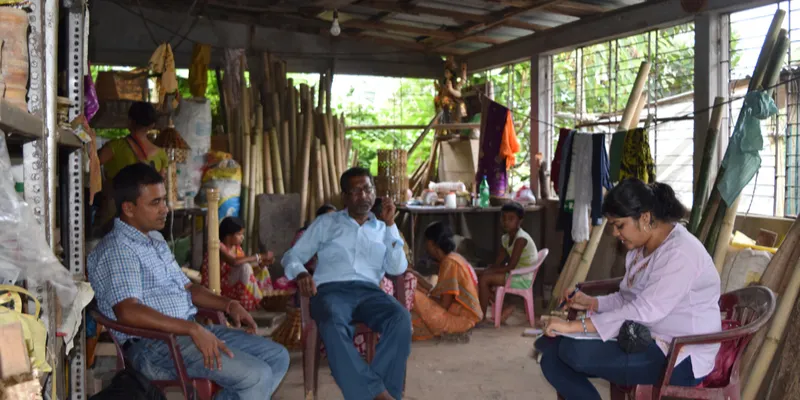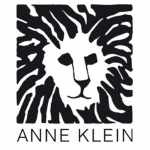Akshya Shree’s love for traditional handicrafts began as a young child. The family travelled frequently for religious tours, and sometimes for her filmmaker father’s documentary projects.
“My mother would buy a lot of handicrafts – ranging from tribal sarees, bedsheets, storage boxes, and a lot of other things. In fact, while girls my age would gossip about boyfriends and new trends, I would constantly be engaged with something that I bought on my recent trip or a folklore I heard or the way the tribes dressed. It was all so fascinating,” she recounts.

Many years later, Akshya’s childhood fascination for handicrafts transformed into an entrepreneurial venture called Silpakarman, a for-profit social enterprise that works with clusters and artisans in rural parts of India. It works with indigenous fibres like bamboo to fashion a contemporary range of products besides providing livelihood to the artisans.
Using bamboo as a medium
Born and raised in New Delhi, after completing her Bachelor’s in Business Economics, Akshya also pursued a short course in Export Management from the Indian Institute of Foreign Trade, Delhi.
“Even though I almost cleared Bank PO exam, I knew I wanted to do something of my own, but I didn’t know exactly what. While I was still pursuing export management, my father suggested that I explore bamboo, and that’s when it all started. My childhood memories took shape and became an enterprise,” she says.
“I graduated in 2014, and in 2015 I had already started the research around bamboo, and the very same year I organised my first export exhibition. I incorporated my company Tad Udyog Pvt Ltd in August 2016, and launched Silpakarman in May 2017. We did our first international exhibition in 2018 in Thessaloniki, Greece. Now, we are ready with our premium range of products, which will be launched in February 2020,” she adds.
With Silpakarman, Akshya’s idea is to bring consumers back to their roots, and introduce rural crafts to an international platform.
“I don’t want people to buy Silpakarman products because they are eco-friendly or sustainable, which they are. I want them to buy it because it is beautiful, and it brings to them the story of the tribes and takes them to places, which they haven’t yet explored,” she says.

The startup has two workshops in Tripura, and has also partnered with five artisan community clusters to manufacture the products. First, bamboo is sourced from tribal areas and cut by Silpakarman’s cutters. The sticks are then brought to its workshop where they are treated according to the type of products they will be used for.
For furniture, the bamboo is treated with chemicals while for home utility and interior décor, organic processes are used. After they are seasoned and treated, they are sent to the artisan clusters where they are cut and shaped. The products are then sent to Silpakarman’s warehouse in Agartala for edible oil finishing and the final quality check, post which they are delivered directly to clients or sent to the Delhi office for B2B or B2C sales.
Focus on exports
Since Silpakarman is part of Amazon’s Saheli programme, they are promoted on the website. Most of the sales happens through export exhibitions, and the products are also listed on B2B websites like Indiamart and Alibaba. Sixty percent of the products are sold to European and South African markets.
Prices for the kitchen utility products begin from Rs 200, and furniture from Rs 2,000 onwards. Wall hangings, lamps, and decor items start from Rs 500 onward.
Akshya has invested Rs 15 lakh in her business so far with the money borrowed from her parents. She is confident of breaking even this year. The startup is also incubated at Amity Innovation Incubator.
A roller-coaster ride

Life has not been easy as an entrepreneur for Akshya. “Last year, for exhibiting at the Thessaloniki Fair in Greece, I invested around Rs 8 lakh, and the show didn’t perform as per my expectation. For the first time, I cursed my decision of becoming an entrepreneur. I had no clue what to do next, I couldn’t reach my parents and my decision was staring at me. I felt like a complete fool and cried like crazy. When I returned to Delhi, I had made up my mind to shut down everything and never return to it. But, once an entrepreneur, always an entrepreneur. With my parents support and a few favourable turnarounds, I was back in the business for good,” she says.
Akshya is also happy to be generating better income sources for over 250 craftsmen, and alongside creating a production process that complements their lifestyle and is inclusive.
She also has ambitious plans for the future.
“I really want to take Silpakarman global and create a strong customer base for our products. I am working on a new brand called ‘Silpatva’, which works like a complementary brand. In ‘Silpatva’, we offer design and interior solutions for customers, but all products that we offer are handmade, and sourced directly from the artisans.”
“By 2022, I plan to have two flagship stores – one in India and one abroad, which will be a one-stop solution for everything handmade. You can buy products, you can co-create with us, and also source interior solutions, which will give you everything – from flooring to your furniture under one roof. I am also planning to introduce tours to these communities where the products are made. Alongside, I am exploring alternative energy, water filtration, and other usage of bamboo charcoal,” Akshya adds.
[“source=yourstory”]











